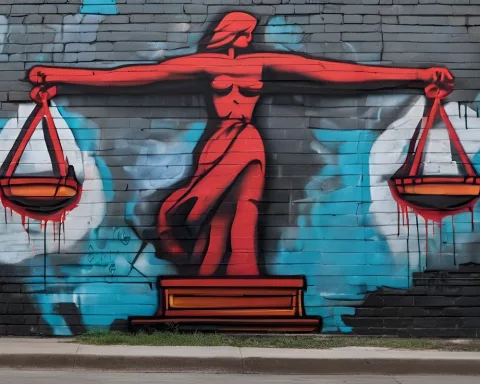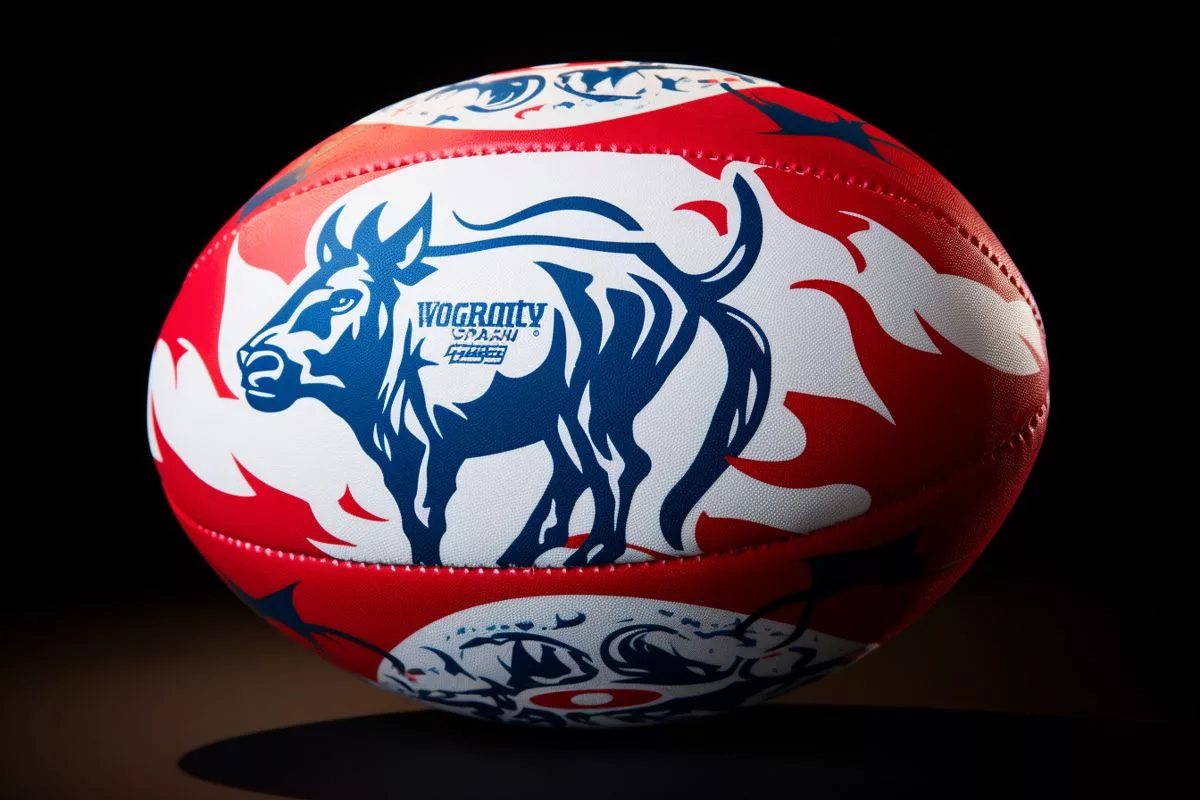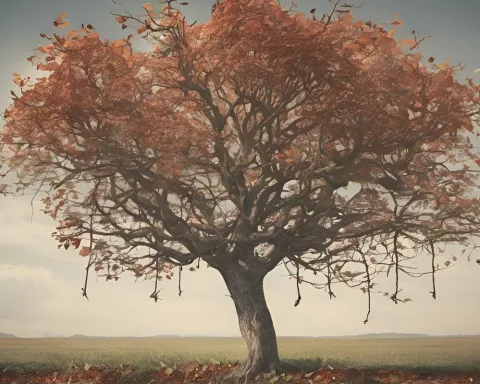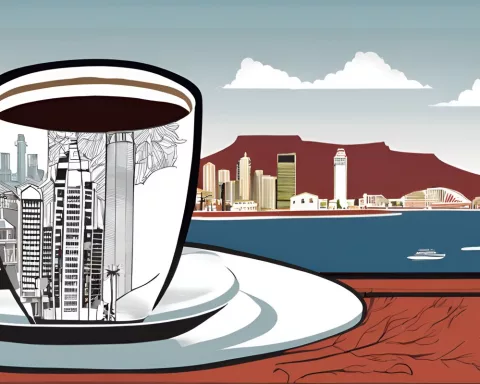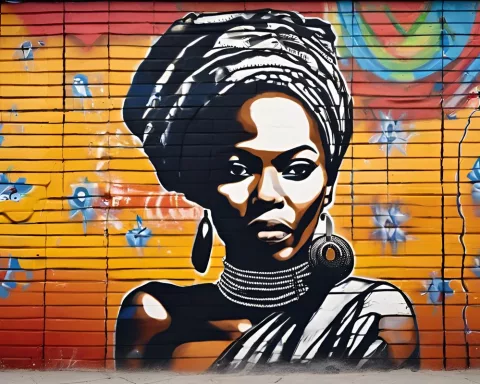Three poachers in South Africa’s Kruger National Park were sentenced to prison for possessing a restricted firearm with ammunition. Norman Thabang Mogale, Sipho Clarence Ngomane, and Nkosana Ndlovu received sentences between six and eight years and were declared unfit to possess a firearm, discouraging similar offenses in the future. The successful sentencing reinforces society’s dedication to the preservation of our natural legacy and serves as a stern reminder of society’s position against the violation of wildlife reserves and the illegal hunting of endangered species.
Justice Served: Three Poachers Face the Repercussions of Their Deeds
Learn about the poachers who violated South Africa’s Kruger National Park, and the legal consequences they faced for their actions. Norman Thabang Mogale, Sipho Clarence Ngomane, and Nkosana Ndlovu were all accused of possessing a restricted firearm with ammunition and received sentences between six and eight years in prison. The Firearms Control Act 60 of 2000 declared the trio unfit to possess a firearm, discouraging similar offenses in the future. This successful sentencing reinforces society’s dedication to the preservation of our natural legacy.
On July 29, 2017, the narrative of three poachers who violated societal laws and ethical principles began. The events took place within the sacred confines of the Kruger National Park, South Africa’s wildlife sanctuary. The poachers’ apprehension, judicial process, and subsequent sentencing are a gripping tale of justice triumphing over environmental offenses.
Crime and Apprehension in a Haven of Wildlife
The Kruger National Park, a sprawling wilderness which serves as a refuge for Africa’s splendid wildlife, serves as the setting for our story. In 2017, an unexpected presence disrupted the peaceful atmosphere of this picturesque sanctuary. A rented vehicle, carrying not casual tourists, but hunters armed with a hunting rifle and ammunition, infiltrated the park.
Only the driver, Norman Thabang Mogale, 38, had a permit allowing him to be inside the park. Consequently, his three passengers were guilty of trespassing. What initially seemed to be a routine stop-and-search operation led to a significant stride in the fight against illegal hunting.
Mogale, along with his passengers Sipho Clarence Ngomane and Nkosana Ndlovu, both 32, were all accused of possessing a restricted firearm with ammunition. Mogale was sentenced to six years for possession of an unauthorized firearm and another two years for illegal possession of ammunition. Similarly, Ngomane and Ndlovu received the same sentences, with an additional two-year sentence each for trespassing.
The Legal Consequences
Joining them in the legal predicament was Fanuel Ubisi, 41, their co-accused. Contrary to his companions who pleaded not guilty, Ubisi pleaded guilty and received a six-year sentence for firearm possession and two years for unlawful possession of ammunition.
The court ordered all the sentences to be served concurrently, which meant that despite the multiple charges, each offender would only serve the longest sentence. As a result, Mogale and Ubisi would each spend six years in prison, while Ngomane and Ndlovu would serve eight years each.
The judgment also involved the usage of the Firearms Control Act 60 of 2000. This act, a fundamental part of South African firearm regulation, was leveraged to declare the trio unfit to possess a firearm. This ruling may discourage similar offenses in the future.
Commendations and Implications
The story of justice wouldn’t be complete without recognizing the individuals responsible for this triumph over poaching. Lieutenant General Semakaleng Daphney Manamela, the Provincial Commissioner of the South African Police Service in Mpumalanga, praised the collaboration between the Kruger National Park team, the SAPS investigation team, the Prosecution team, and the Judiciary. Their combined efforts led to the successful sentencing of the poachers, reinforcing society’s dedication to the preservation of our natural legacy.
This instance serves as a stern reminder of society’s position against the violation of wildlife reserves and the illegal hunting of endangered species. The meticulous efforts of law enforcement agencies and the judiciary ensure that violators of these laws face the consequences of their actions. In the broader context, this case represents not just the punishment of offenders, but also the protection of our shared natural heritage for the generations to come.
A Story of Environmental Justice
While this narrative concludes with the sentencing of the three poachers, it represents more than just punitive action. It symbolizes our collective obligation towards the preservation of wildlife. As we anticipate a future where wildlife can flourish without threats, we can take comfort in the knowledge that justice, as exemplified in this case, will always triumph.
As we traverse through the records of environmental justice, we should remember this story, not just as a victory against poaching, but as a testament to our dedication to preserving our natural world. Amid the intricate legal terminology and the trial’s specifics, the real victory is the message it conveys – wildlife deserves respect and protection, and violations will not be ignored.
What were the poachers accused of?
Norman Thabang Mogale, Sipho Clarence Ngomane, and Nkosana Ndlovu were accused of possessing a restricted firearm with ammunition and trespassing in South Africa’s Kruger National Park.
What were their sentences?
Mogale and Ubisi would each spend six years in prison, while Ngomane and Ndlovu would serve eight years each. Mogale received six years for possession of an unauthorized firearm and another two years for illegal possession of ammunition. Similarly, Ngomane and Ndlovu received the same sentences, with an additional two-year sentence each for trespassing.
What act was used to declare the trio unfit to possess a firearm?
The Firearms Control Act 60 of 2000 was leveraged to declare the trio unfit to possess a firearm, which may discourage similar offenses in the future.
What was the judgment regarding the sentences?
The court ordered all the sentences to be served concurrently, which meant that despite the multiple charges, each offender would only serve the longest sentence.
Who was responsible for the successful sentencing of the poachers?
Lieutenant General Semakaleng Daphney Manamela, the Provincial Commissioner of the South African Police Service in Mpumalanga, praised the collaboration between the Kruger National Park team, the SAPS investigation team, the Prosecution team, and the Judiciary.
What does this case represent?
This case represents not just the punishment of offenders, but also the protection of our shared natural heritage for the generations to come, reinforcing society’s dedication to the preservation of our natural legacy.




